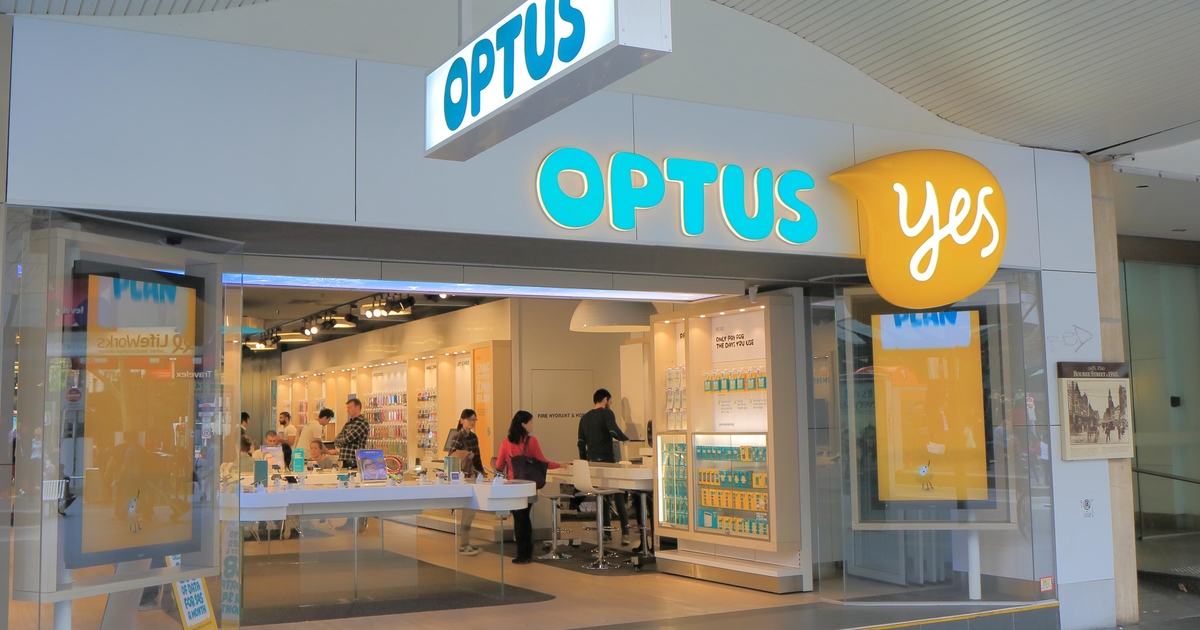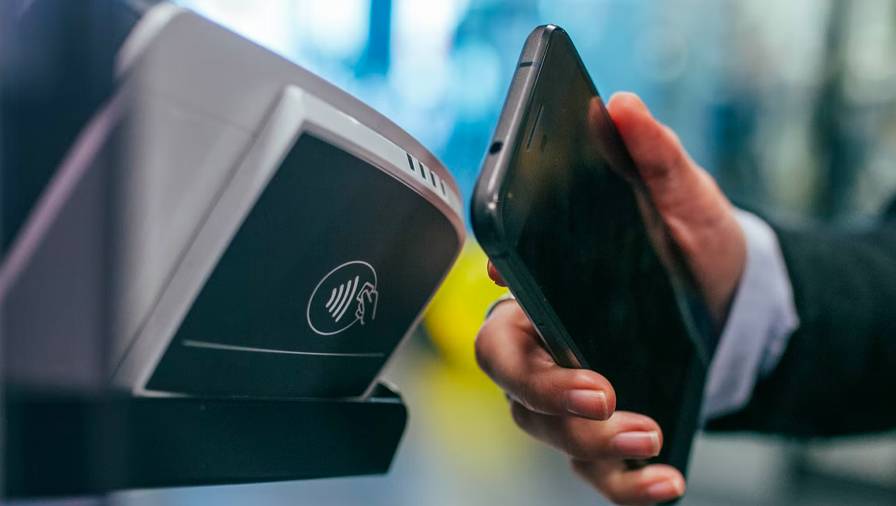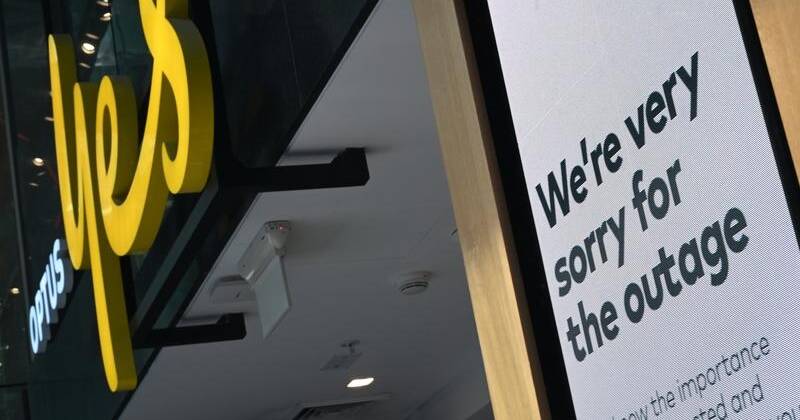Veteran telecommunications analyst Paul Budde says Optus has played it too safe for years, relatively happy to retain its portion of the market by not spooking Telstra into a price war. He describes Singtel’s ownership era – which began in 2001 – as “mediocre”, and believes Canadian operator Brookfield will be buying a struggling company in a struggling sector.
“For years they just banked on being about 10 per cent cheaper than Telstra, which gave them a decent customer base, without ever really threatening Telstra, then when they tried to compete on broadband infrastructure, it was an expensive disaster,” he says.

The expense he refers to was the decision to construct a network of hybrid fibre coaxial (HFC) cable in the major cities, and use them to supply broadband. Telstra retaliated by building a duplicate network, which was costly for both sides, and left the broader country undersupplied.
The Rudd government eventually intervened with its NBN, and both Optus and Telstra have struggled ever since to find profitable services to support the costly infrastructure they must maintain.
Deal makers
Optus is no stranger to leadership tumult and the M&A game. In the late 90s, it was half-owned by UK telco Cable & Wireless, before Singtel bought it out in 2001.
It had been through three CEOs since its founding boss, Bob Mansfield, left in 1996, with Ziggy Switkowski, Peter Howell-Davies and Chris Anderson all holding the title in 1996 and 1997.
Budde’s view of Optus as an underachiever is disputed by Paul Fletcher, the opposition spokesman for government services and the digital economy who served as communications minister in the Morrison government and who was a senior Optus executive from 2000-2008.
He says Optus’ extensive infrastructure investments have been a vital national resource, forcing Telstra to make its own investments, and lowering prices in regional areas where Telstra had been the only option.
“It’s hard to believe now for those who weren’t around at the time, but back in 1991, Telecom was a monopoly, and often you had to wait six or eight weeks just to get the phone put on,” Fletcher says.
“We still have parts of the country without coverage, of course, but the growth and density of network coverage now is remarkable considering the investment required, and there is no doubt that it’s been Optus that has kept the pressure on Telstra and driven its level of investment.”
Under the leadership of O’Sullivan, it became more acquisitive, bulking up with big money deals for UEComm, Virgin Mobile and IT services business Alphawest, and the company subsequently diversified in the post-NBN era under Allen Lew to become a major sports broadcaster, with a focus on English Premier League football.
Calamity company
Toronto-based Brookfield is, however, potentially buying a company with a brand problem. It has suffered a series of calamities, some due to misfortune and some of its own making.
In 2018, Australians coined the term “Floptus” after Optus Sport’s exclusive coverage of the FIFA World Cup turned into a nightmare. Viewers were left furious as Optus’ streams buffered and crashed, and threatened to ruin the biggest sporting show in the world.
In humiliation, it returned the coverage rights to SBS for free, to arrest further PR carnage.
Then the tech gods really turned against the company.
In 2022, it became the poster child for cybercrime after a data breach affected almost 10 million customers. The public handling of the crisis by then-CEO Kelly Bayer Rosmarin was widely criticised, and the company has still kept the report into the attack’s cause secret.
Last November 8, a devastating national outage cost Bayer Rosmarin her job, after she was hauled in front of a Parliamentary Committee.
Brookfield will be buying a company that needs to rebuild its image, and answer some serious questions about where future profit growth will come from.
“It was noticeable when Optus had the network outage that there was no criticism coming from the other telcos because they all know that this is something that unfortunately happens from time to time,” Fletcher says.
“Despite that, I think the Optus brand, its distribution network, and its reseller partnerships, are all very valuable assets, and it continues to be a very strong provider of choice and competition.”



